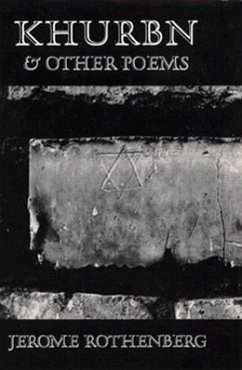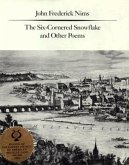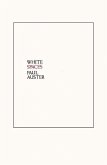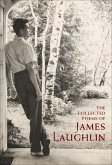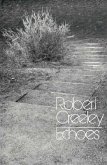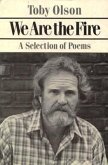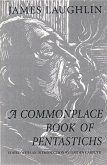In Yiddish, khurbn is the word for "total destruction," the word for what the English-speaking world calls the Jewish "Holocaust" of World War II. In 1987, thirteen years after the publication of his book of ancestral poems, Poland/1931, Jerome Rothenberg visited Poland and the small town of Ostrow-Mazowiecka, from which his parents had emigrated in 1920. "I hadn't realized," he writes, "that it was only fifteen miles from Treblinka..." Out of the poet's confrontation with his family's annihilation came Khurbn & Other Poems. "The poems that I first began to hear at Treblinka are the clearest message I have ever gotten about why I write poetry. They are an answer also to the proposition that poetry cannot or should not be written after Auschwitz." For decades a leader of the American literary avant-garde, Rothenberg, with Khurbn & Other Poems, adds his voice to those writers, like Paul Celan and Edmond Jabes, who have sought to name the unnamable at the ruinous heart of the history of our time.

